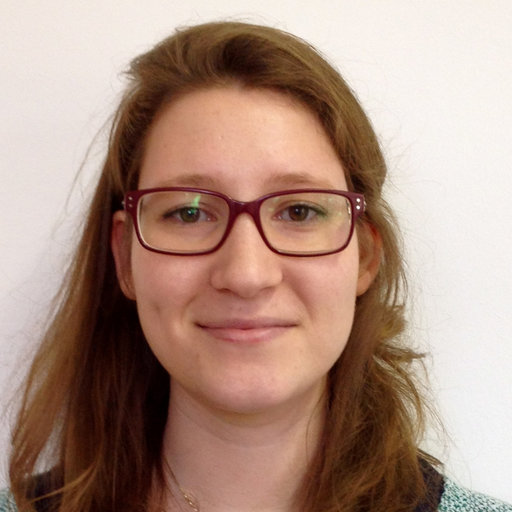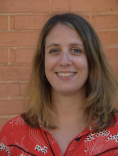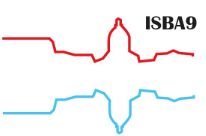Table of Contents
🎉 SPAAM2 was a great success, thanks to the >60 attendees. Participant list, discussion transcripts and slides of SPAAM2 can be seen at https://github.com/SPAAM-community/spaam-event-notes.
What?
A grassroots-organised (originally) satellite meeting to ISBA9, specialising in tackling the challenges of ancient metagenomics
⚠️ SPAAM2 Registration is now CLOSED.
⚠️ SPAAM2 will now be hosted online due to postponement of ISBA9.
Please see the programme and food and activities for more information.
Adherence to the Code of Conduct is required for attendance!
When?
Dates
Event: 21-22nd September 2020
Times
13:00-20:00 (CEST) both days (subject to minor changes)
Who?
A list of participants will be made avaliable via email.
Where?
Online via video conference. Zoom links will be sent out to participants prior the address via email!
Université Fédérale de Toulouse 41 allée Jules Guesde, ~~ ~~Toulouse
FRANCE
Please see travel for more information
Event Description
The field of metagenomics is massively expanding our understanding of biological environments. While the increasing sensitivity of modern techniques is enabling the detection of a greater diversity of microbial and eukaryotic taxa at lower abundance, this data-rich discipline comes with many challenges in making sense of these highly dimensional datasets. Ancient metagenomics is no exception, but brings along additional obstacles related to the degraded nature of samples and low sample biomass. Knowledge sharing, distribution, and coordination between archaeo- and palaeogeneticists is crucial to ensure efficiency in overcoming these challenges.
In this context, we propose a second meeting of the Standards, Precautions and Advances in Ancient Metagenomics (SPAAM) workshop that occurred in 2016 (Jena, Germany) to bring together the ancient microbial genetics community to address the issues raised above. We aim to define the highest priority obstacles in ancient metagenomics, share past-experiences in overcoming and mitigating these obstacles, and guide the development of future solutions and standards in this field. Therefore, PhD and postdoc scholars who are actively analysing these datasets are our target demographic. In a round-table discussion format, we will cover four main topics:
- Biases in ancient metagenomics research
- Authentication of ancient metagenomics datasets
- Open and reproducible science
- Building networks within the ancient metagenomics community
We envision the primary outcome of this workshop to be the establishment of an
active, ongoing community for consistent knowledge dissemination and
constructive assistance between ancient DNA labs. A major component of this will
be creating structured consensus guidelines for optimizing ancient metagenomics
wet and dry-lab workflows. In doing so, we aim to keep the field focused and
up-to-date in accordance with the advances being made in modern metagenomics
research. Secondarily, we aim to write an opinion paper on the status and major
challenges of the field that clearly defines standards for these types of
studies. A preliminary summary of the workshop will be presented at the
closing ceremony of ISBA9. These initiatives should help to consolidate
ancient metagenomics as a solid research field connecting both archaeology and
the biological sciences.
Accessibility
While we cannot provide financial support, we aim make the workshop as accessible as possible (babies, children, disabilities etc.). Please let us know what support you may require in the registration form.
Organising Committee



James Fellows Yates (MPI-SHH, Jena, fellows@shh.mpg.de)
Irina Velsko (MPI-SHH, Jena, velsko@shh.mpg.de)
Åshild (Ash) Vågene (Globe Institute, Copenhagen, ashild.vagene@sund.ku.dk)
Clio Der Sarkissian (UMR5288-CNRS, Toulouse, clio.dersarkissian@univ-tlse3.fr)
Anna Fotakis (Globe Institute, Copenhagen, anna.fotakis@sund.ku.dk)
Alex Hübner (MPI-SHH, Jena, huebner@shh.mpg.de)


